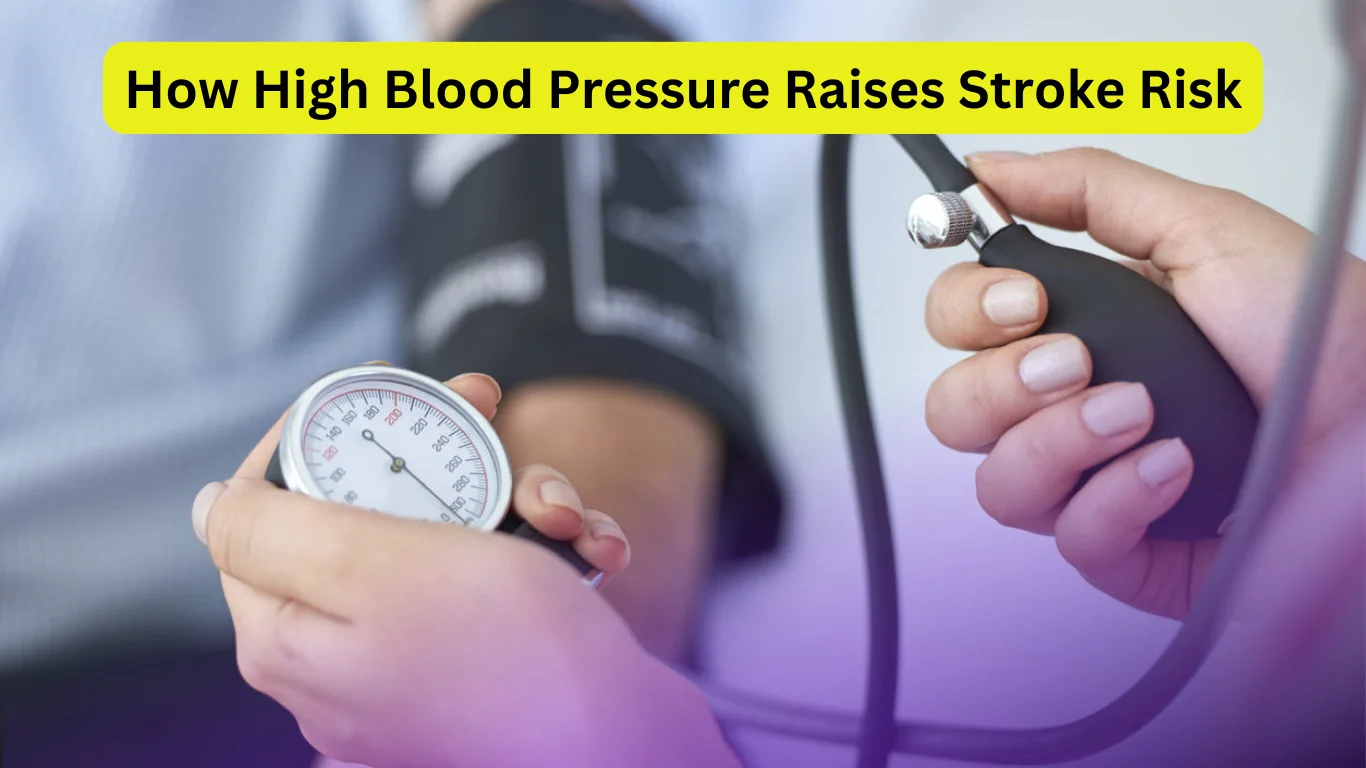How High Blood Pressure Raises Stroke Risk
High blood pressure, or hypertension, is often called the “silent killer” due to its lack of symptoms. But one of its most alarming effects is its ability to significantly raise your risk of a stroke. Understanding this connection is crucial for preventing life-altering health crises.
The Impact of High Blood Pressure on Stroke Risk
1. Weakens Blood Vessels
High blood pressure puts excessive force on blood vessel walls, causing them to become weak and prone to rupture. This can lead to a hemorrhagic stroke, where bleeding occurs in the brain.
2. Encourages Blood Clot Formation
Hypertension damages the inner lining of arteries, creating conditions where blood clots can form. If a clot travels to the brain, it can block blood flow, causing an ischemic stroke, the most common type of stroke.
3. Reduces Brain Blood Flow
Chronic high blood pressure narrows arteries through a process called atherosclerosis. Narrower arteries reduce the brain’s blood supply, increasing the likelihood of a stroke.
4. Increases Aneurysm Risk
Prolonged hypertension can cause arteries to bulge, forming aneurysms. If an aneurysm bursts, it can result in severe bleeding in the brain.
Prevention Tips
- Monitor Blood Pressure: Regular checks help you stay aware of any changes.
- Adopt a Heart-Healthy Lifestyle: A balanced diet, exercise, and stress management can lower your blood pressure.
- Follow Medical Advice: If prescribed medication, take it consistently to control hypertension.
Lowering your blood pressure is one of the most effective ways to reduce your stroke risk. By taking control of your health today, you can prevent serious complications tomorrow.











